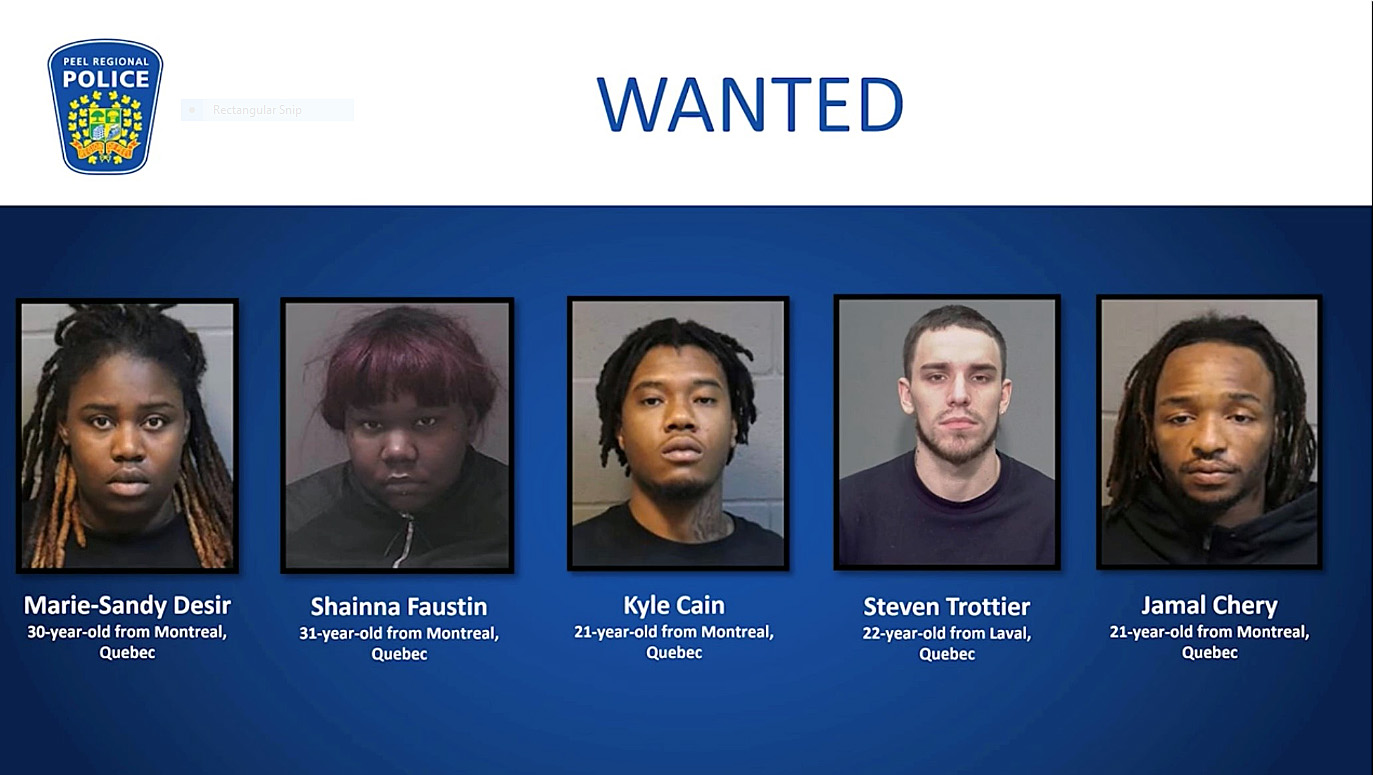Travel
City of Toronto staff knew vacant home tax bills could backfire, emails show

Toronto city staff signed off on the mass mailing of 176,000 incorrect vacant home tax bills despite discussion that sending them out would likely yield just as many appeals, according to internal emails obtained by CTV News Toronto.
“It’s a story of disorganization, dysfunction, and disconnect from political reality,” political analyst Scott Reid said Tuesday.
“Who did what, who failed to do what, and why were Torontonians stuck with this gigantic canard?”
In early April, tens of thousands of Torontonians received money-owing notices in the mail, reporting that they were on the hook for thousands of dollars because their property had been deemed vacant by the city. The vacant home tax is designed to discourage speculators from letting homes sit empty during a housing crisis, but as many as 20 per cent of property owners did not know they needed to manually make the occupancy declaration every year.
“This year’s rollout of the vacant home tax was really badly done,” Toronto Coun. Dianne Saxe acknowledged Tuesday. “And caused a whole batch of unnecessary anguish to lots of people.”
That anguish was preventable, internal documents suggest.
On March 15, the employee amassing the vacancy data wrote in an email to four others, “hi guys, we may expect more than 150K undeclared accounts this year, and it would take hours to run the VHT bill.”
Three days later the same employee flagged the 176,817 pending bills to revenue services staff, with a supervisor responding, “Sounds like for VHT to be viable long term, declaration carryover is needed? Otherwise 176K bills will yield 176K appeals?”
On March 20, a manager in revenue services repeated that there were 176,817 bills being issued and requested permission to get them printed. The acting director approved and the tax notices were rushed to print, requiring three overtime shifts at the printing centre in order to accommodate the volume.
Emails obtained by CTV News show City of Toronto staff knew the vacant home tax bills would yield 176,000 appeals.
“Having these bills being sent out with a recognition that there could be some challenges, I think one would have assumed that there would have been some oversight, and recognition that perhaps that was not the right thing to do,” said Toronto Coun. Michael Thompson.
Mayor Olivia Chow told CTV News Toronto Tuesday that neither her office nor the City Manager’s office were informed that 176,000 bills were being sent out, despite the fact that there had only been 11,000 vacant homes in Toronto the previous year.
“The design was flawed. The staff made a mistake, a bad mistake. But I’m fixing it,” Chow said.
The documents indicate that when the error became clear, the Mayor’s office requested an explanation from City communications staff on the vacancy declaration messaging strategy.
Some of the $105,000 advertising budget had been allocated to TTC posters, paid Twitter and Facebook ads, radio spots, and elevator ads, the then-head of communications reported back. But the difference from the less-disastrous previous year was that there had been no standalone mailer advising residents that they needed to declare their occupancy status.
“This tactic was recommended but was declined due to cost implications,” according to the email.
Meanwhile, hundreds of upset citizens swarmed the city’s civic centres, confused and concerned about whether they owed massive amounts of money.
Staff were asked to work overtime to clear the lines at those counters, the documents show, and the city’s 3-1-1 call centre was inundated.
The 3-1-1 goal is to answer 80 per cent of calls within 75 seconds, but on April 4 operators were able to achieve just 13 per cent.
The Executive Director of the division wrote in a briefing note to the Mayor that “call volumes have doubled” and that at one point “the average wait time on the Tax & Utility Line has been 55 minutes.”
“The City continues to work on a full review of the rollout of the 2023 Vacant Home Tax and is exploring all options to improve the program,” a spokesperson for the city told CTV News Toronto Tuesday. “The review is incorporating many lessons learned from the rollout of the 2023 VHT program, and these lessons are informing the VHT program improvements.”
“At the end of the day, as a public servant, we all need to think about the person that is receiving this [tax] notice,” Chow added. “Imagine how scared, or how mad, or how frustrated they must be.”
“It’s the prime duty, the first duty of people here at City Hall, to think about the people we’re serving.”









